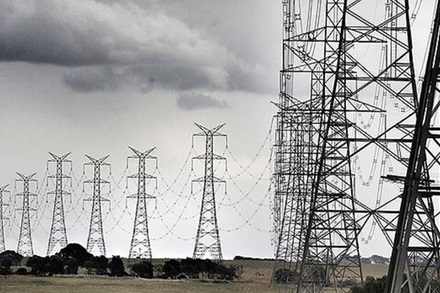Australian electricity networks have won a major battle in their campaign to recoup the costs of investment in grid infrastructure, after the Australian Energy Regulator decision to cut prices charged to consumer energy bills in NSW was overruled.
In 2015, the AER ruled that electricity network operators in NSW had overestimated their required expenditure, and ordered them to charge consumers less, resulting in a drop in energy bills of between $100 and $300 a year.
In a decision announced on Friday, the Australian Competition Tribunal directed the AER to reconsider its 2015 determinations, siding with the claim from Endeavour Energy, Essential Energy and Ausgrid that their costs were more than $5 billion higher than the regulator had estimated.
The ruling – which has been referred back to the regulator to nut out the details – is a blow to NSW consumers, who will see a sharp jump in household electricity bills.
“Network charges make up around 50 per cent of household electricity bills,” said Edward Santow, the CEO of the Public Interest Advocacy Centre, which represented consumers in the case.
“This decision will see prices go up but we are months away from knowing by how much,” he said.
“When the appeals process is finally over, there’s a significant risk of bill shock as electricity providers play catch up on how much they can recoup from NSW consumers.”
But the ruling has implications Australia-wide, too, with other utilities sure to be watching the case in anticipation of future battles over so-called “network gold-plating,” and who should pay for it now that energy efficiency, solar – and soon battery storage – are reducing demand, and offering alternatives to the main grid.
As PIAC put it in a statement on Friday, the Tribunal’s approach meant it had accepted the network businesses’ position that they should be allowed to collect even more money from consumers, to pay for the inefficiencies they had worked into their businesses.
“The law was changed in 2013 to give the regulator new powers to bring fairness to the electricity price-setting process, following price increases of 94 per cent over five years,” said Santow.
“The Tribunal’s decision makes it harder to bring about a fair result.”
But while the networks appear to have chalked up a win, it might only be a short-term gain, as consumers look to increasingly cheap and accessible technology – like solar and battery storage – to rein in their power costs. They might even quit the grid altogether.
“Government, consumers, and the regulator have worked incredibly hard to make the energy regulation system work better for ordinary consumers, but network businesses have fought tooth and nail to reverse that progress,” said Santow.
“This decision will put pressure on all NSW consumers. It will inevitably lead to further hardship and disconnections, particularly in disadvantaged and vulnerable communities.”
The network lobby, however, said it was a “better outcome” for consumers.
The AER said the Tribunal found it was correct to conclude that the electricity distribution businesses in NSW and the ACT were not operating as efficiently as other networks, so consumers were paying more than necessary for safe and reliable electricity and gas.
“The AER’s aim continues to be setting network revenues in the long term interests of consumers as required under the National Electricity Law. With that aim in mind, we are now looking at the Tribunal’s decisions in these large and complex revenue determinations to identify what happens next,” chairwoman Paula Conboy said.
“We are considering the implications the Tribunal’s decisions will have both for the revenue that the businesses will be allowed to recover from consumers in NSW and ACT, and the prices those consumers will have to pay, as well as our processes for future determinations.”








